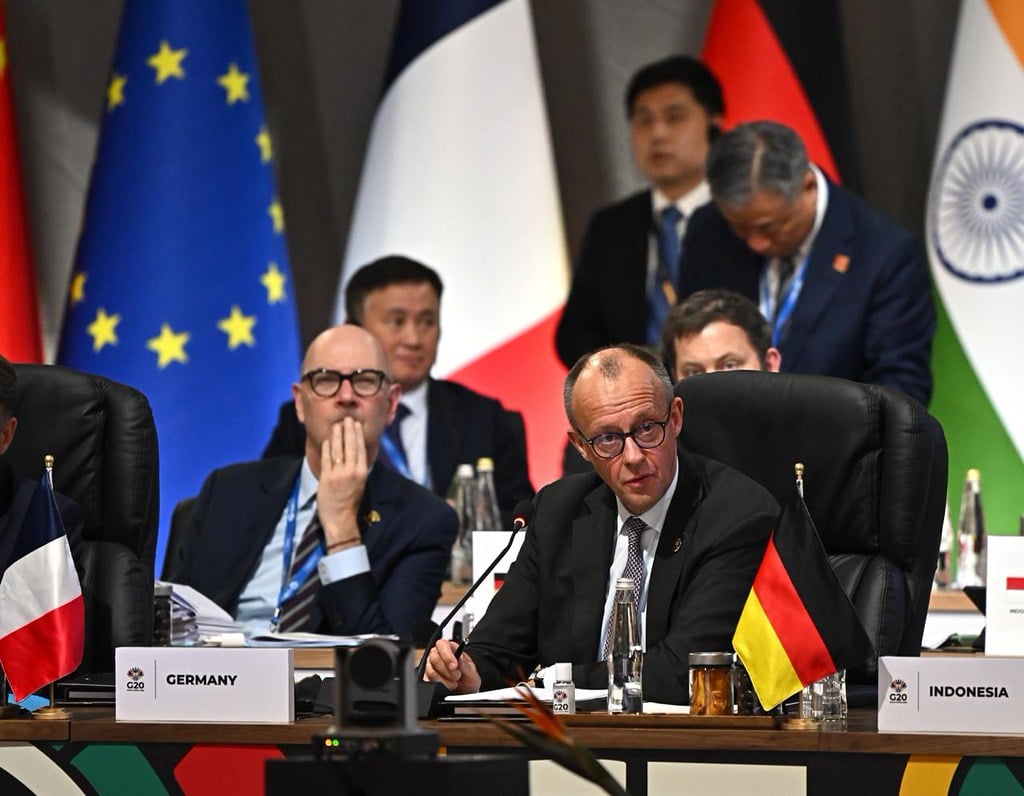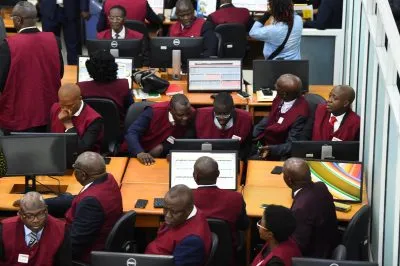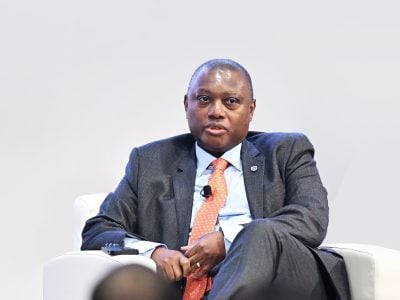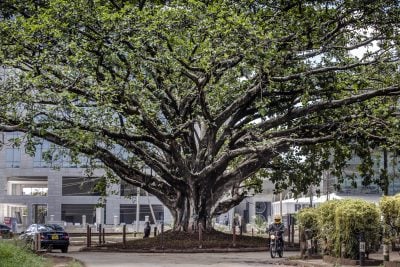Leaders at the G20 summit in Johannesburg reaffirmed their support for the Compact with Africa (CwA), an initiative launched during Germany’s presidency in 2017 to spur foreign direct investment (FDI) in Africa through reforms that strengthen macroeconomic stability and improve the business environment.
Many countries in Africa struggle to attract long‑term private investment from external sources due to issues ranging from weak institutions, regulatory bottlenecks and high perceived risk. Backed by donor contributions from G20 members, the compact seeks to address these issues and build investor confidence by providing technical assistance and promoting policy dialogue in participating countries.
Leaders expand initiative
Since its launch in 2017, 14 African nations—including Benin, Burkina Faso, Côte d’Ivoire, DR Congo, Egypt, Ethiopia, Ghana, Guinea, Morocco, Rwanda, Senegal, Togo, Tunisia, and Zambia—have benefited from the initiative. According to Enoch Godongwana, South Africa’s Finance Minister, the initiative has so far mobilised more than $191m in private investment across the continent.
At the just‑concluded G20 summit, leaders endorsed the launch of the second phase of CwA , backed by a new World Bank multi‑donor fund. Angola also came on board as the latest member of the initiative while Germany reiterated its support, with Chancellor Friedrich Merz announcing a fresh €3.2 billion financial package for the compact on the sidelines of the summit.
“We recognise the importance of the G20 Compact with Africa. We commend the South African G20 Presidency for strengthening the Compact further, including through the launch of its second phase (2025-2033) supported by the establishment of a World Bank Group multi-donor fund. We note the reforms undertaken by the CwA partners to enhance their investment climate and the newest members of the Compact,” the G20 leader’s declaration states.
Too early to measure impact
In an attempt to quantify the impact of CwA membership on FDI inflows to Africa, Edward Gemayel, Asel Isakova, and Vidhi Maheshwari from the IMF argue that it is still too early to tell. The three note in a recently published working paper that, after preliminary studies, “they could not establish a causal link between participation in CwA and FDI inflows.”
“Though the results [of the study] point to a positive effect of CwA participation on FDI inflows, the estimated impact is not statistically significant,” the paper reads. “This may be due to several factors. On one hand, since the CwA aimed at promoting reforms of the macroeconomic and financial frameworks of participating countries, full implementation of such reforms may require time beyond the time span since the launch of the CwA initiative.”
“Moreover, this period was perturbed by a number of events, such as the outbreak of the COVID-19 pandemic, the escalation of geopolitical conflicts, which may have impacted FDI flows,” they contend.
Initiative remains key
Despite the lack of conclusive data to establish a link between CwA participation and increased FDIs, the three researchers argue that the initiative retains significant value. They argue that it has the potential to be a knowledge-sharing platform that fosters closer collaboration between governments, investors and international institutions. It can also stimulate peer-to-peer learning between participating countries and accelerate the implementation of reforms which can strengthen institutional frameworks and boost investor confidence, they note.
They contend that CwA’s long-term success hinges on continued cooperation between participating countries and a robust monitoring and evaluation mechanism to ensure economic reforms stay on track.
“To ensure its success in achieving key objectives, CwA would benefit from a strong coordination among G-20, participating African countries and multilateral partners. This includes establishing efficient communication channels among all involved,” the paper reads. “Equally important is the creation of a robust monitoring and evaluation framework, supported by consistent performance indicators to track progress and make informed adjustments.”

 Sign in with Google
Sign in with Google 



